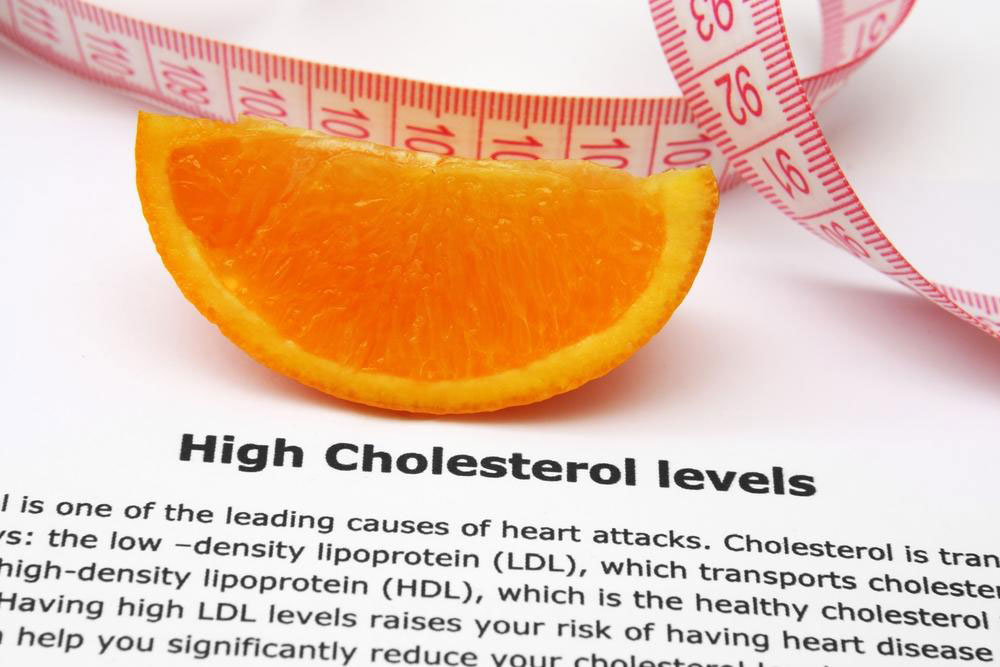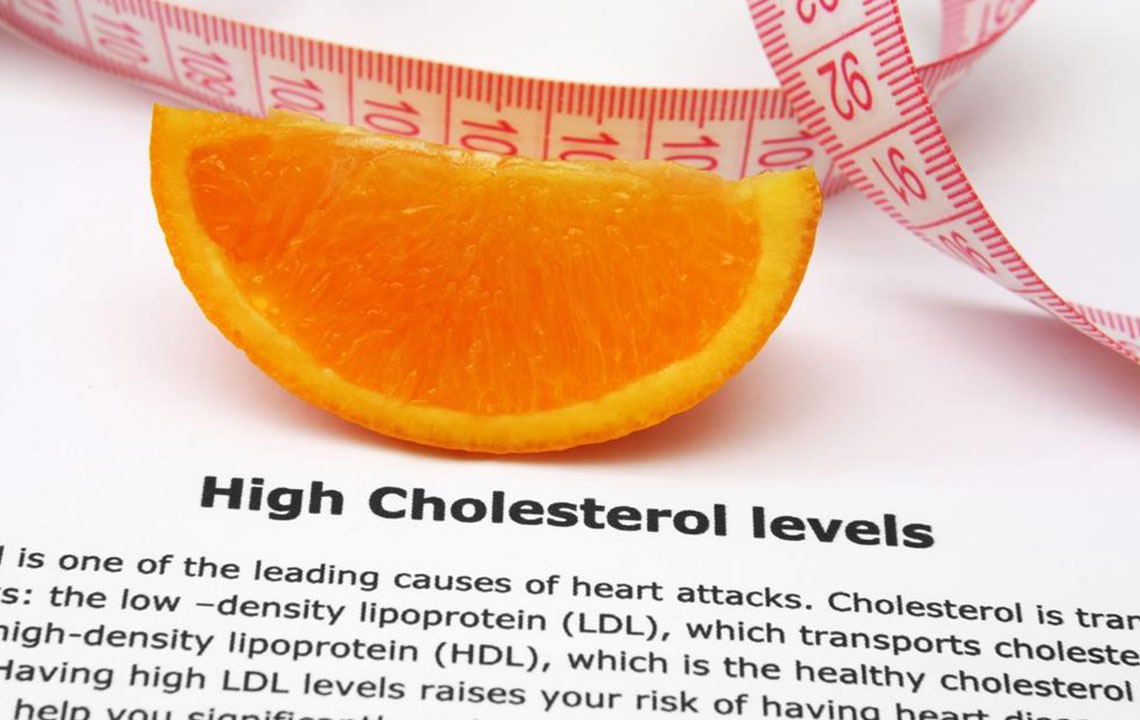Comprehensive Natural Approaches to Lower and Maintain Healthy Cholesterol Levels
Learn effective natural strategies to lower and maintain healthy cholesterol levels, including dietary modifications, exercise, and lifestyle changes. These approaches help reduce cardiovascular risks and promote overall heart health, offering sustainable alternatives to medication with proven benefits.

Comprehensive Natural Approaches to Lower and Maintain Healthy Cholesterol Levels
High cholesterol remains a significant health concern for over 70 million adults worldwide, dramatically increasing the risk of severe cardiovascular conditions such as heart attacks, stroke, and atherosclerosis. While pharmaceutical interventions are often prescribed to manage cholesterol levels, they may come with side effects and long-term costs. Consequently, a holistic approach emphasizing lifestyle modifications, dietary adjustments, and natural strategies has gained recognition for its effectiveness and sustainability. Implementing these natural methods not only aids in cholesterol management but also promotes overall cardiovascular health and well-being.
Prioritize Heart-Healthy Foods in Your Daily Diet
Incorporate Omega-3 Fatty Acids Rich Foods – Regular intake of omega-3 fatty acids is proven to benefit heart health by lowering triglycerides, reducing blood pressure, and decreasing inflammation. Foods rich in omega-3 include fatty fish such as mackerel, salmon, sardines, and tuna. Other sources include chia seeds, flaxseeds, and walnuts. Consuming these omega-3 sources at least twice a week can significantly support your efforts in maintaining balanced cholesterol levels and reducing cardiovascular risks.
Increase Soluble Fiber Intake – Soluble fiber plays a vital role in reducing cholesterol absorption in the bloodstream. Foods high in soluble fiber include oats, barley, apples, pears, oranges, kidney beans, chickpeas, Brussels sprouts, and carrots. Incorporating these fiber-rich foods into your meals daily can help lower total cholesterol and LDL (bad cholesterol) levels, providing a natural shield against heart disease.
Avoid Trans Fats at All Costs
Trans fats are artificially produced fats that significantly raise your LDL cholesterol while lowering HDL (good cholesterol). They are found in many processed foods, baked goods, fried items, and snack foods like crackers, cookies, and margarine. Reading food labels diligently and avoiding products containing trans fats (look for partially hydrogenated oils) is crucial. Eliminating trans fats from your diet can profoundly improve your cholesterol profile and reduce the risk of cardiovascular disease.
Enhance Your Diet with Whey Protein
Whey protein, a high-quality protein found in dairy products like yogurt, skim milk, and ricotta cheese, has been shown to help lower LDL cholesterol levels. It also improves overall nutrition and promotes muscle health. Including whey protein in your diet through smoothies, dairy snacks, or fortified foods can support healthy cholesterol levels naturally. Moreover, whey protein can help you feel fuller longer, assisting weight management efforts that further benefit heart health.
Limit Saturated Fats to Protect Your Heart
Saturated fats are present in many animal-based products such as red meats, full-fat dairy, butter, and certain baked goods. Excessive consumption of saturated fats elevates LDL cholesterol, contributing to plaque buildup in arteries. Opting for lean meats, low-fat dairy, and plant-based alternatives can significantly reduce saturated fat intake. Cooking methods matter too—choose baking, grilling, or steaming over frying to keep your meals heart-friendly. This dietary change, combined with other lifestyle modifications, supports healthier cholesterol levels and reduces cardiovascular risk.
Quit Smoking for Better Heart Health
Smoking damages the lining of arteries, decreases HDL cholesterol, and accelerates plaque formation, greatly heightening the risk of heart disease. Quitting smoking is one of the most impactful natural strategies you can undertake for improving your cholesterol levels and overall cardiovascular health. Support options include counseling, nicotine replacement therapy, and support groups. Once you quit, you’ll not only see improvements in your cholesterol profile but also experience overall health benefits, including better lung function and reduced cancer risk.
Manage Your Weight Through Healthy Lifestyle Choices
Maintaining a healthy weight is fundamental for managing cholesterol levels. Excess weight, especially around the abdomen, correlates with high LDL cholesterol and triglycerides. Effective weight management includes eating a nutritious, balanced diet, reducing calorie intake from sugary drinks and processed foods, and increasing physical activity. Simple lifestyle changes like drinking water instead of sugary beverages, taking the stairs instead of the elevator, and incorporating more movement into your daily routine can make a significant difference. Achieving and maintaining a healthy weight reduces the strain on your heart and improves cholesterol balance.
Engage in Regular Physical Activity
Physical activity is a cornerstone of natural cholesterol management. Regular exercise, such as brisk walking, cycling, swimming, or aerobics, can help raise HDL (good cholesterol) and lower LDL (bad cholesterol). Aim for at least 150 minutes of moderate-intensity aerobic activity per week or 75 minutes of vigorous activity. Incorporating strength training and flexibility exercises enhances overall cardiovascular health. Consistent physical activity also aids in weight management and lowers blood pressure, further reducing heart disease risk.
Consume Alcohol Responsibly
While moderate alcohol consumption has been associated with increased HDL levels, excessive drinking can lead to high blood pressure, obesity, and increased triglyceride levels, all of which heighten cardiovascular risk. If you choose to drink, do so in moderation—up to one drink per day for women and up to two for men. Always consider individual health conditions and consult healthcare providers before making alcohol consumption a regular part of your lifestyle. Responsible drinking supports heart health without adding unnecessary risks.
Adopting these natural strategies requires commitment, but they provide sustainable and health-promoting alternatives to medication. It's also essential to work closely with your healthcare provider to tailor a cholesterol management plan suited to your individual needs. Monitoring your cholesterol levels regularly allows you to evaluate the effectiveness of these lifestyle changes and make adjustments as necessary for optimal cardiovascular health.





